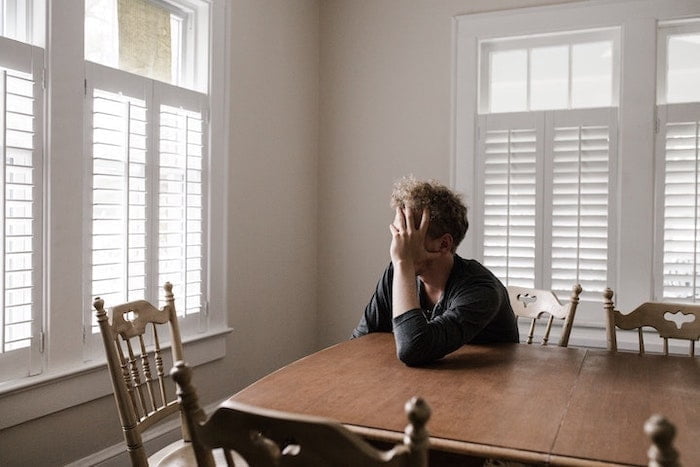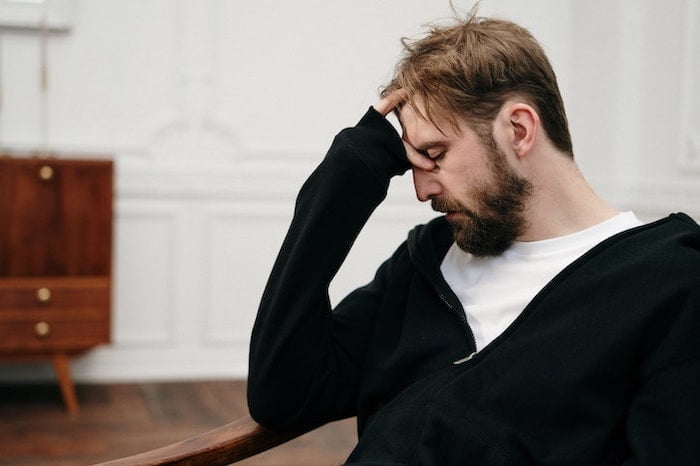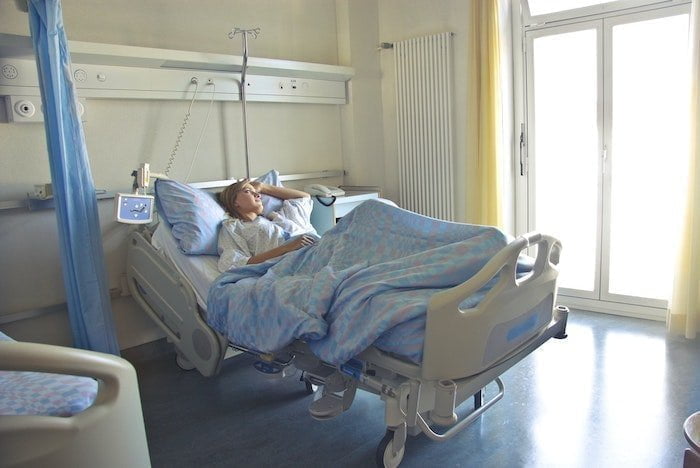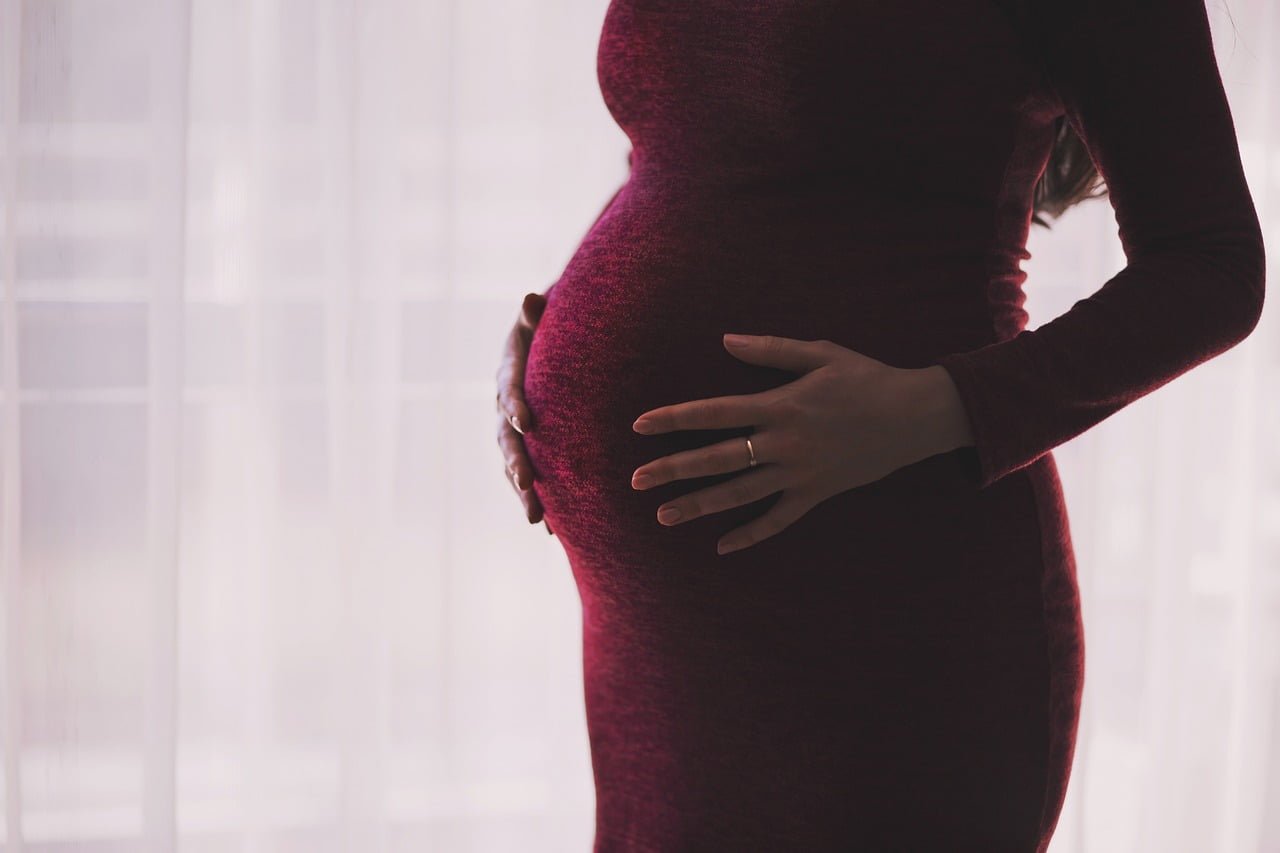Binge Drinking
Quick links for Binge Drinking
- Why is binge drinking dangerous?
- Am I a binge drinker?
- What are the short-term effects of binge drinking?
- What are the long-term effects of binge drinking?
- What are the signs of alcohol poisoning from binge drinking?
- Binge drinking during early pregnancy
- How to stop binge drinking
- References for binge drinking
Binge drinking is commonly defined as drinking a lot of alcohol in one sitting, as well as drinking alcohol with the specific intention of becoming intoxicated. [1]
There is no way to know for sure exactly how much alcohol should be consumed in one session as each person handles and processes this substance differently, but the official guidelines suggest no more than 8 units of alcohol for men and no more than 6 units of alcohol for women.
With 27% of alcohol-consuming adults in the UK classified as binge drinkers, [2] it is important that the risks of drinking large amounts of alcohol become common knowledge among every age group. Contrary to popular belief, binge drinking is not merely a university student problem.
There are extremely serious short-term effects and long-term effects of binge drinking – particularly if someone is pregnant – but thankfully there is ample treatment available.
Why is binge drinking dangerous?

Man holding his head suffering from a binge drinking hangover
The act of binge drinking inevitably leads to intoxication which can be dangerous for a number of reasons.
The body can only process one unit of alcohol per hour, so drinking a lot in one sitting can overwhelm the liver and lead to serious short and long term effects.
The risks of binge drinking intoxication
- A higher risk of experiencing an injury or accident
- More likely to display poor judgment and make unwise decisions
- Can result in a loss of control, leading to unsafe situations
- The individual may be unaware of their surroundings and general safety
- Can lead to risk-taking behaviour such as drink-driving or unprotected sex
It is not advised to binge drink at all, no matter how infrequently – even once a week can have a severely detrimental effect on your physical and mental health.
Am I a binge drinker?

Two people discussing binge drinking
The drinking culture in the UK encourages and even normalises many aspects of binge drinking, and as a result, it can be difficult to know if you have a problem.
If you can relate to some of the statements below, you may be displaying the behaviours of a binge drinker.
- I often decide to get drunk before I even begin drinking
- I drink alcohol very quickly, downing multiple drinks within an hour
- I drink a lot of alcohol in one session, more than the official guidelines reccomend
- I often go out on the weekends for a big night of drinking
- I try to set limits on my drinking but I often exceed them
- I often cannot remember my drinking sessions and nights out
- Friends and family have remarked that I drink a lot and/or drink quickly
- I have experienced negative consequences due to my drinking but I continue to do it
- I often feel embarrassed and guilty about drinking so much
In one study, 76% of university students reported that they felt an expectation to drink alcohol and become intoxicated on a regular basis. [3]
While binge drinking as a student may be common, drinking more than the recommended amount of alcohol at any age can be dangerous and lead to serious short-term and long-term effects.
What are the short-term effects of binge drinking?

Man experiencing the effects of binge drinking
While binge drinking to the point of intoxication may seem enjoyable at the moment, this behaviour can result in a number of harmful side effects that could become apparent in the short term or even immediately.
Short-term effects of binge drinking include:
- Dehydration
- Increased risk of accident or injury
- Higher chances of contracting a sexually transmitted disease
- Inflamed liver and pancreas
- Heart problems, including a higher risk of heart failure
- Alcohol poisoning, which can be life-threatening
- Poor performance at work or school
- Risk of choking on vomit due to lowered gag reflex
If you think you may be displaying the signs of a binge drinker, it is possible to change this behaviour before more serious long-term side effects develop.
The most effective way to stop binge drinking is to enter a specialised rehabilitation programme, which can take the form of inpatient or outpatient alcohol rehab depending on your needs.
You will receive advice, guidance and support in the form of individual and/or group therapy treatment along with alcohol detoxification if needed.
What are the long-term effects of binge drinking?

Man experiencing the effects of binge drinking
When the culture of binge drinking is firmly embedded in your everyday life, it can be difficult to realise that you have a problem. [4]
Many people avoid seeking help for a binge drinking disorder as they are unaware that they are consuming alcohol in a dangerous form.
However, regularly drinking more than the recommended amount for an extended period of time can result in a number of severe and detrimental side effects.
The long-term effects of binge drinking include:
- Increased risk of alcohol addiction
- Malnutrition, as the body is unable to effectively absorb nutrients when you are regularly binge drinking
- Increased risk of cancer
- Fertility problems in both men and women
- Increased risk of osteoporosis as the body cannot absorb enough calcium
- High blood pressure
- Anaemia
- The body is unable to recover as quickly and effectively from illness or injury
- Loss of employment
- Lack of education and/or poor job prospects
- Strained relationships with family, friends and colleagues
- An increased risk of developing anxiety and depression
What are the signs of alcohol poisoning from binge drinking?

Doctor and patient discussing alcohol poisoning from binge drinking
Binge drinking can lead to alcohol poisoning, a life-threatening illness that occurs when the body cannot process the amount of alcohol that has been consumed.
This usually happens when an individual has consumed a large amount of alcohol very quickly.
If you suspect that you or someone you know is suffering from the effects of alcohol poisoning, call 999 immediately.
Do not leave them alone as they could become physically ill and choke on their own vomit, and in severe cases, they may slip into a coma which could lead to death.
Symptoms of alcohol poisoning include:
- Extremely slow breathing
- Blue or pale skin
- Confusion
- Vomiting
- Seizures
- Irregular breathing
- Unconsciousness
It is important to note that not all of the above symptoms must be present in order to diagnose alcohol poisoning.
If the individual is unconscious and alcohol poisoning is suspected, seek immediate medical assistance even if they are not displaying any other symptoms.
Binge drinking during early pregnancy

Pregnant woman thinking about binge drinking
Many expectant mothers are concerned about the effect their binge drinking may have on their unborn child, particularly if they consumed large amounts of alcohol before they found out they were pregnant.
There is no recommendation for a safe amount of alcohol to drink during pregnancy. Each person is different, and therefore it is advised to avoid alcohol while pregnant and breastfeeding.
When alcohol is consumed it can quickly pass through the umbilical cord and into the foetus, reaching its bloodstream and affecting every one of its growing organs.
This can have a significantly detrimental effect on the brain and general growth, as unborn babies cannot metabolise any amount of alcohol.
However, a number of studies have found that the consumption of alcohol within the first 15 weeks of pregnancy did not seem to correspond to adverse health effects in the unborn child. [5]
If you have recently discovered that you are pregnant and can recall a recent binge drinking incident, do not panic. Speak to your doctor who will be able to advise according to your individual case.
Pregnant women who regularly binge drink throughout their pregnancy have been found to be at an increased risk of miscarriage and stillbirth, while their unborn children are more prone to developing foetal alcohol syndrome [6] along with cognitive and behavioural problems.
How to stop binge drinking

Two women discussing how to stop binge drinking
The thought of changing your relationship with alcohol and taking a step back from binge drinking may feel intimidating, but the below strategies can help you feel more comfortable with the process and result in an increased chance of long-term success.
1. Change your routines
It can be helpful to avoid spending time with people who binge drink and/or encourage you to do the same, along with bars and other environments that could trigger an impulse to binge drink.
There are many enjoyable activities that do not involve drinking, such as going to the cinema or meeting a friend in town to shop – try to find new ways to have fun without alcohol.
2. Reach out for support
When attempting to change unhealthy behaviours, finding support in your family and friends can be the key to success.
If they understand why you want to stop binge drinking, they will be able to provide advice, guidance and motivation during times when things feel more difficult.

People holding hands whilst discussing binge drinking
3. Consider cutting out alcohol completely
Many people find that avoiding the temptation to binge drink is easier when they completely stop drinking alcohol.
This approach may not be for everyone, but taking a break from alcohol for even a short period of time may help you to see how your binge drinking has been affecting your health, relationships and general wellbeing.
4. Find a specialised programme
Rehabilitation centres are not just for people dealing with alcohol addiction – they can be extremely helpful to anyone who wants to stop binge drinking and take back control of their relationship with alcohol.
Most programmes include therapy treatment, which can help you understand why you binge drink and teach healthy coping strategies.
You can find rehabs in your local area here.
To get the help you need to overcome alcohol addiction, give our expert team a call today for free on 0800 326 5559
References for Binge Drinking
[1] https://www.ncbi.nlm.nih.gov/pmc/articles/PMC2748736/
[3] https://pubmed.ncbi.nlm.nih.gov/25225730/
[4] https://www.ncbi.nlm.nih.gov/pmc/articles/PMC7736262/
[6] https://www.nhs.uk/conditions/foetal-alcohol-spectrum-disorder/






